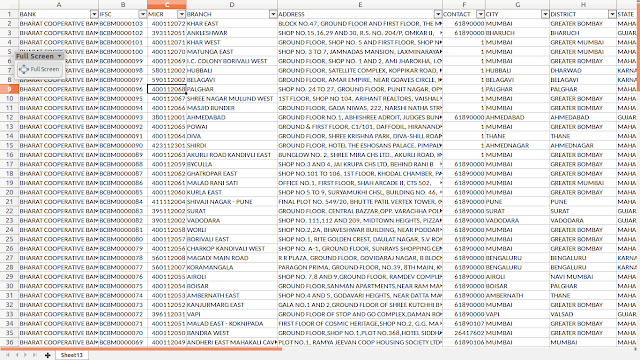Flux vs Argo CD in GitOps
Flux vs Argo CD in GitOps: Which One is Right for You?
In the context of GitOps, both Flux and Argo CD are popular tools for continuous deployment (CD) automation. They manage Kubernetes applications using Git as the source of truth. While both are great options, they differ in several aspects, from architecture to feature sets. In this post, we’ll compare Flux and Argo CD to help you decide which is the right tool for your Kubernetes environment.
1. Architecture
Flux: Flux is a pull-based system that continuously reconciles the state of the cluster with the state in Git. It watches your Git repositories and automatically updates Kubernetes resources when it detects changes. Flux is lightweight and integrates with the CNCF ecosystem. It also supports Kustomize and Helm natively.
Argo CD: Argo CD is also a pull-based tool but provides a declarative user interface for visual feedback on application status, health, and syncing. Argo CD is often used for more complex deployment scenarios and offers fine-grained control over syncing and management tasks.
2. Installation and Ease of Use
Flux: Flux’s simplicity makes it easy to install and configure, especially for straightforward use cases. However, it doesn’t include a built-in UI (though you can integrate it with external UIs like Weave Cloud).
Argo CD: Argo CD has a more complex installation process, but it comes with a comprehensive UI dashboard, making it more user-friendly for managing and troubleshooting large-scale applications. Argo also supports advanced role-based access control (RBAC) for enhanced security.
3. GitOps Approach and Syncing
Flux: Flux runs a continuous reconciliation loop that ensures the cluster stays in sync with Git. It focuses heavily on automation and integrates well with Helm and Kustomize.
Argo CD: Argo CD provides more control over syncing operations. You can choose between manual or automatic syncing, and the tool offers visibility into the health and status of each application, allowing detailed comparisons of the desired vs. actual state.
4. Helm and Kustomize Support
Flux: Flux has strong native support for both Helm and Kustomize, making it a great choice for teams that rely on these tools.
Argo CD: Argo CD also supports Helm and Kustomize but adds the advantage of better observability and control over these configurations.
5. Scalability
Flux: Flux is ideal for small to medium-sized Kubernetes environments that require a lightweight GitOps solution.
Argo CD: Argo CD excels in large-scale deployments where more complex pipelines, multiple clusters, and a detailed UI are necessary for management.
6. Community and Ecosystem
Flux: Flux is a project under the CNCF and supported by Weaveworks. The new Flux v2 architecture introduces significant improvements in functionality.
Argo CD: Argo CD is also a CNCF project and is part of the broader Argo ecosystem, which includes Argo Workflows and Argo Events, making it a versatile choice for teams using multiple Argo tools.
7. Use Cases
Flux: Flux is best suited for teams looking for a minimal GitOps tool with native support for Kustomize and Helm. It’s ideal for small-to-mid scale Kubernetes clusters with a focus on automation and minimal overhead.
Argo CD: Argo CD is preferred for large-scale applications that require advanced observability, manual sync control, and robust RBAC. It’s an excellent choice for organizations managing complex deployment pipelines and multiple clusters.
Summary
| Feature | Flux | Argo CD |
|---|---|---|
| Architecture | Lightweight, simple | Advanced, UI-based, more control |
| Syncing | Continuous, automated | Manual or automatic, more granular control |
| Helm/Kustomize Support | Strong native support | Strong support with better observability |
| UI | No built-in UI (3rd-party integrations) | Comprehensive built-in UI |
| Scalability | Suitable for small to medium-scale | Better suited for large-scale deployments |
| RBAC and Security | Minimal (basic auth/permissions) | Advanced RBAC and security capabilities |
| Installation Complexity | Easier | More complex (with added UI and features) |
| Community and Ecosystem | CNCF (Weaveworks), part of the Flux family | CNCF (Intuit), part of the Argo ecosystem |
Conclusion
Choosing between Flux and Argo CD depends on your specific needs. Flux is a minimalistic and lightweight solution, ideal for smaller Kubernetes environments. On the other hand, Argo CD provides enhanced visibility, control, and scalability, making it the better choice for large, complex deployments.

Comments
Post a Comment